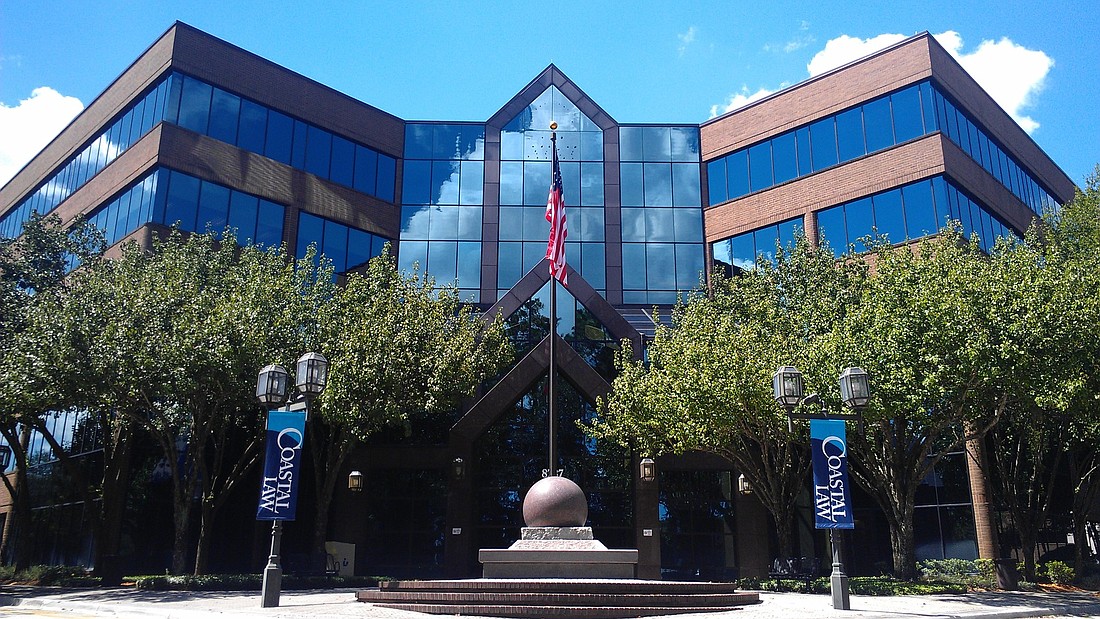
Florida Coastal School of Law has applied to the American Bar Association to change its corporate structure from for-profit to not-for-profit.
Pending approval from the ABA, the transition would mean that Florida Coastal would sever its ties with InfiLaw, the holding company that founded the school in 1996, and become an independent law school governed by an independent board of trustees.
InfiLaw has been cooperating with the process and would contribute the school’s assets to the proposed 501c3, Florida Coastal Dean Scott DeVito said.
He said that applying to the ABA to make the major change in corporate structure and ownership is the latest part of a strategy that started four years ago when Florida Coastal began increasing its academic requirements for admission.
“The first step is to become a nonprofit law school. Then, if the board thinks it’s appropriate, we could merge with a nonprofit university,” DeVito said.
He said Tuesday that Florida Coastal is “working closely” with a potential merger partner school.
However, pending the ABA’s consideration of the transition plan, DeVito said it’s premature to identify a possible partner, other than to say the school is not in Florida, but is in the Southeast.
The Application for Major Change in Program was submitted to the ABA on Friday. It’s possible that it will be considered when the ABA Council meets in May, said Florida Coastal Dean of Academics Jennifer Reiber.
She also said the ABA is sending a “fact finder” to Florida Coastal next week for a visit that’s required as part of the application process.
Florida Coastal also will have to be found to be in compliance with ABA admission and graduation standards before the change would be approved.
Florida Coastal’s compliance is under review and the school has filed a lawsuit pending in federal court asserting that the ABA failed to allow due process in its evaluation of Florida Coastal’s compliance with accreditation standards.
Reiber said the best case would be for Florida Coastal’s application to be reviewed at the ABA’s meeting scheduled in May. Otherwise, the matter could be considered later in the fall.
Assuming the change is approved, the transition would be reviewed for approval by the state university system and by the Department of Education, Reiber said.
Florida Coastal is one of three law schools owned by InfiLaw.
Charlotte School of Law closed in 2017 after being put on probation by the ABA and losing its federal student loan funding.
Arizona Summit Law School in Phoenix was placed on probation in March 2017 by the ABA for being out of compliance with admission policies and academic standards required for accreditation.
It has implemented a “teach-out plan” to allow its students to earn credit toward their law degree as “visiting students” at other ABA-approved law schools.